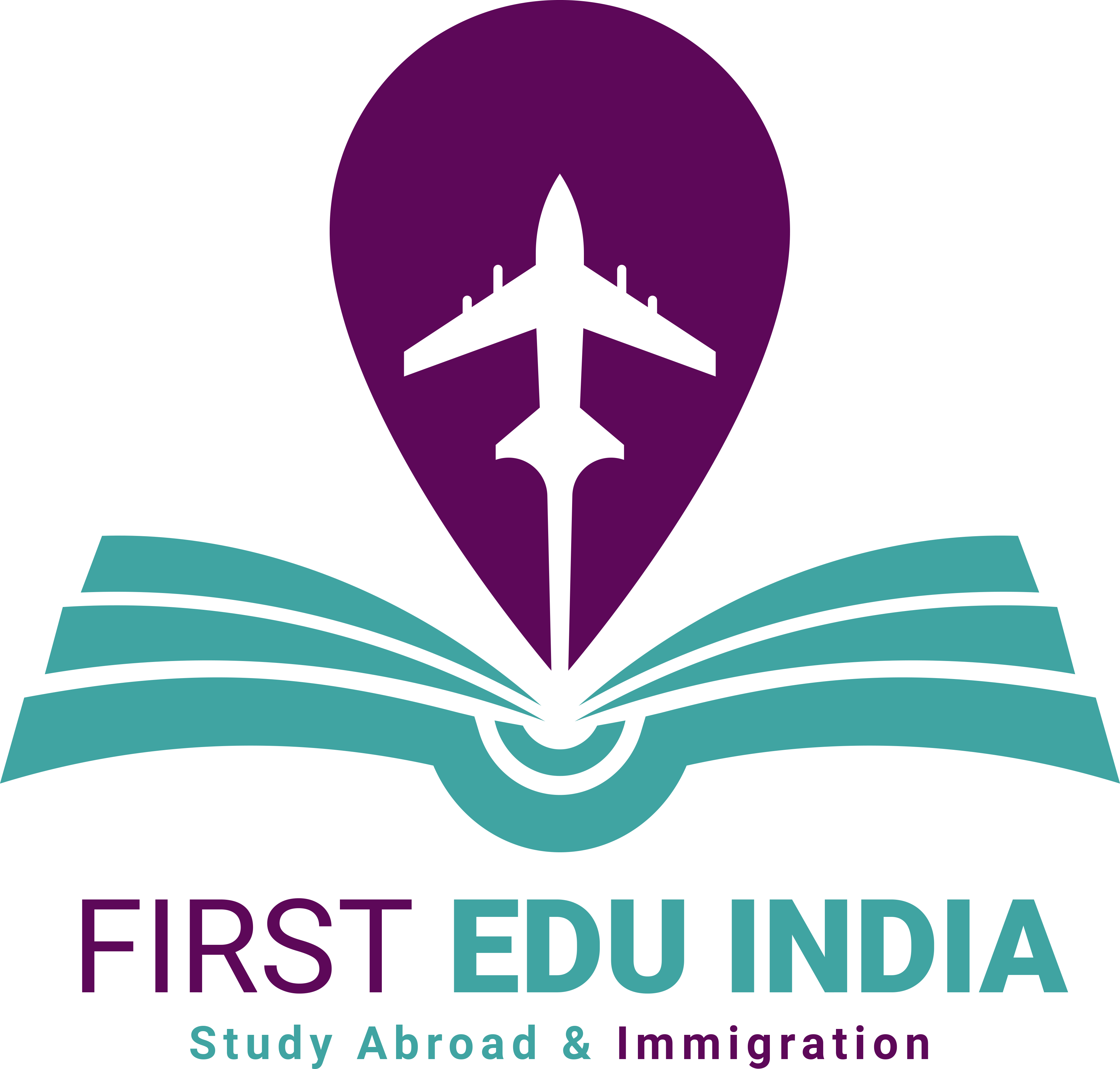FAQ
Services / FAQ

Consider your academic interests and job aspirations before choosing what and where to study. Consider the location of the lot, the rankings, the amount of time you plan to spend away from home, and the overall expense of studying and living abroad. Spend some time researching particular courses, topics, and work- or externship-related opportunities.
When studying away from home, you should also take the economic, political, and social stability of a nation into account. Imagine that you are choosing between a tranquil country city and a smart megacity for your way of life. Would you rather pick a megacity where there are also academics from your country? Do you prefer to be near sand, woods, or a desert? Do you desire to live alone? You must learn about the applicable visa requirements and migration policies if you want to consider the possibility of working here after completing your studies.
Throughout your studies, be wary that these government programmes might alter at any time. Your First Edu India counsellor will be able to advise you when deciding what and where to study by pointing you in the direction of the programmes, colleges, and locations that best suit your tastes.
Depending on the position of education you wish to pursue, you may need to complete a variety of entry requirements before you can start studying as an international student. These requirements include proof of your English language proficiency.
For instance, before enrolling for a degree, you may need to complete a foundation course for some courses. Read the course details on each university and seminary's website carefully because each one may have different admission requirements.
Your First Edu India counsellor will evaluate your suitability for various programmes and direct you towards the programmes and institutions that most closely match your choices.
We advise you to get going as soon as possible. This will offer you plenty of time to think about your interests and pursue research that fits your unique academic goals. Position, course length, fees, accommodations, and living conditions are some other considerations you should make in conjunction with your study abroad programme. At least once should be spent on preliminary planning. Of course, we will assist you every step of the way.
Only if the offshore campus has received proper approval from the relevant authorities in the foreign country are degrees awarded for courses taken on those campuses valid in India.
For overseas students looking for financial assistance with their studies, there are numerous scholarships and loans available. The institution and field of study have an impact on the quantum and vacuity. Because literacy is highly sought after, you must have outstanding academic success to obtain them. Governments and other organisations also provide scholarships and awards to assist international academics in paying for their academic pursuits. For information about the colourful literacy offered for your selected course and university, talk to your First Edu India counsellor. There are numerous scholarships offered for students in various locations.
Your academic and living experiences can be rounded out by working while you study. You may be able to work while on a student visa if you pursue a course leading to a degree or higher. Make sure your visa permits it before beginning any employment. Each country has its own regulations regarding students who want to work part-time while they are studying. To aid students in developing their skills, many colleges establish dedicated career centres where employers post job openings. The career services at the institution can provide you with information.
Your ability to study, live, and socialise abroad can greatly benefit your job possibilities. This is your chance to get a wide range of fresh skills, viewpoints, and stronger English language abilities, as well as to seek out job experience from the kinds of employers you'd like to work for.
The particular skills that US firms appreciate when trying to keep persons who have studied abroad were examined in a recent survey involving more than 500 former international academics.
To allow adequate time for your applications to be processed and to make preparations for your money and visa, we advise starting your application process at least a year in advance. However, keep in mind that different countries have different starting dates for the semester.
Semester dates tend to run as follows:
UK
- Term 1: from September to December
- Term 2: from January to April
- Term 3: from April to June
IRELAND
- Autumn Intake: September – October
- Spring Intake: January - February
AUSTRALIA
- Semester 1: Late February to early March to late May/early June
- Semester 2: Late July to early August till November.
USA
- Fall Term: from August to December
- Spring Term: from January to April
- Summer Term: from May to August
CANADA
- Fall Intake: primary intake starts in August/September
- Spring Intake: smaller intake in January/February
- Summer Intake: limited programs intake in May/Jun
- Dates mentioned above are simply estimates. In applying to a university or college, you should always confirm the precise dates with them.
Allowing a youngster to travel abroad alone can make family members anxious, which is understandable. Despite the fact that millions of students have succeeded in doing so, accepting this is still difficult for parents. Every interaction you have with First Edu India should be open to your parents, and we strongly advise this. Your parents would feel more at ease knowing you are receiving professional and responsible assistance in your applications and preparations if they knew an international education specialist like First Edu India was backing you up.
Beyond admissions and study advice, we provide other services as well. We can assist you in getting all the necessary services you'll require when living overseas, including health insurance, foreign currency, housing, opening a bank account, and having a SIM card on hand.
We arrange pre-departure exposes that cover topics including student life in your new country, advice on assimilating to the culture, and how to cope with homesickness.
When you move to your new metropolis, we also offer welcome conditioning events where you may meet current and past transnational scholars from around the world.
